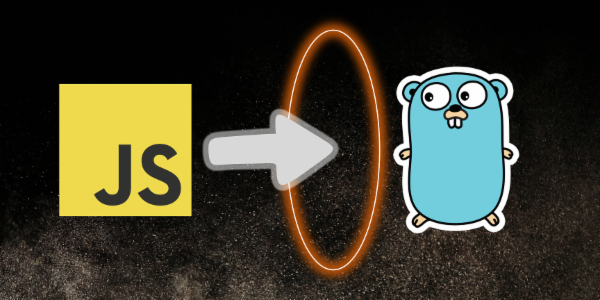There are no items in your cart
Add More
Add More
| Item Details | Price | ||
|---|---|---|---|
Unlock the power of Go with your JavaScript expertise
Discover Go’s ecosystem and set up your development environment.
Write clean and descriptive code with comments; print output effectively with fmt.
Learn how to declare and initialize variables, and work with constants.
Explore Go's static typing with basic and composite data types.
Understand Go's approach to conditionals (if, else, switch) and loops (for, range).
Write reusable functions, understand function signatures, and explore variadic functions.
Learn Go’s explicit error-handling mechanisms and conventions.
Manage collections of data with fixed-size arrays and dynamic slices.
Work with key-value pairs to create efficient lookups.
Build custom data structures and explore their use cases.
Understand struct methods and how Go differs from OOP languages.
Implement behavior contracts and polymorphism in Go.
Learn how to read, write, and manipulate files using Go's file handling capabilities.
Create lightweight threads and communicate between them effectively.
Manage concurrent code using tools like mutexes and wait groups.
Organize, import, and version your code using Go’s modular system.
Build practical command-line tools, parse user inputs, and implement robust CLI logic.
Each chapter connects familiar JS concepts with Go's equivalent, making learning intuitive.
Use Go to solve real-world problems and prepare for career advancement.
Learn Go concepts quickly by leveraging your existing JavaScript knowledge, without starting from scratch.
